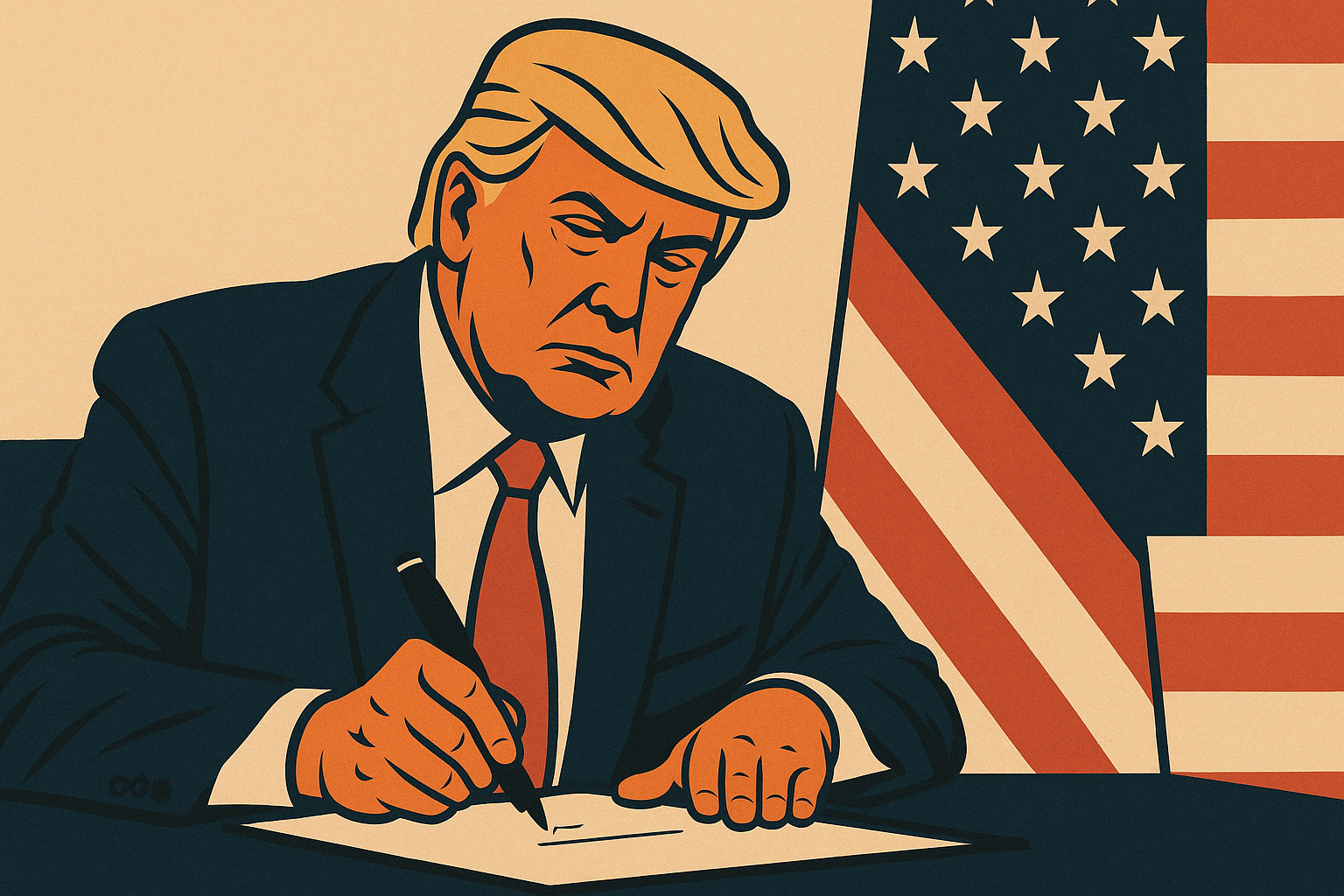President Donald Trump has signed a sweeping executive order aimed at reshaping the landscape of college athletics by restricting third-party payments to student-athletes under name, image, and likeness (NIL) agreements. The move comes amid mounting concerns over competitive imbalance, recruitment inequality, and the survival of non-revenue collegiate sports.
The executive action bans so-called “pay-to-play” arrangements by third-party entities, which have become increasingly common since the rise of NIL compensation. While student-athletes may still receive fair-market value for brand endorsements and legitimate business opportunities, the order prohibits booster-funded payments and outside compensation deals that critics say undermine the spirit of amateur athletics.
Restoring Balance Amid Rising Inequality
NIL reforms have significantly altered the dynamics of college recruiting. Wealthy and high-profile programs such as Alabama, Ohio State, Michigan, Georgia, Miami, Texas A&M, and Auburn have thrived under the current system, leveraging large fanbases, financial backers, and branding deals to attract top-tier talent. However, many smaller or less-funded programs have struggled to compete, creating a widening gap in collegiate athletics.
Trump’s order seeks to “restore balance and protect the integrity of college sports,” according to a statement from the White House, which criticized the NCAA for allowing “a chaotic environment that threatens the financial and structural viability of college athletics.”
Protections for Non-Revenue and Women’s Sports
The executive order also mandates the preservation of scholarship allocations for women’s sports and Olympic-focused non-revenue programs—teams often at risk of being downsized or eliminated amid the NIL upheaval.
“A national solution is urgently needed to prevent this situation from deteriorating beyond repair,” the White House statement said.
“This directive is designed to protect non-revenue sports, including many women’s sports, that form the backbone of intercollegiate athletics and contribute to American Olympic excellence.”
These measures signal a federal push to ensure long-term sustainability and fairness in collegiate sports, especially as programs reliant on traditional scholarship funding face uncertain futures.
Legal Challenges Expected
While the executive order sets the tone for a national policy framework, its full implementation remains contingent on legal review. The directive will likely face scrutiny regarding athletes’ rights, antitrust implications, and potential conflicts with state-level NIL laws.
Nevertheless, Trump’s intervention places new focus on the challenges of the NIL era and signals his administration’s intent to reshape college athletics in the name of fairness and stability.
Outlook for College Sports
The order follows a broader settlement in the House regarding NIL issues just weeks ago, which left women’s and Olympic sports programs in limbo. Now, with federal action taken, changes to the NIL model could be imminent.
If upheld and codified into law, the executive order could usher in a major restructuring of college sports, reshaping recruitment, scholarship allocations, and funding models for years to come.



